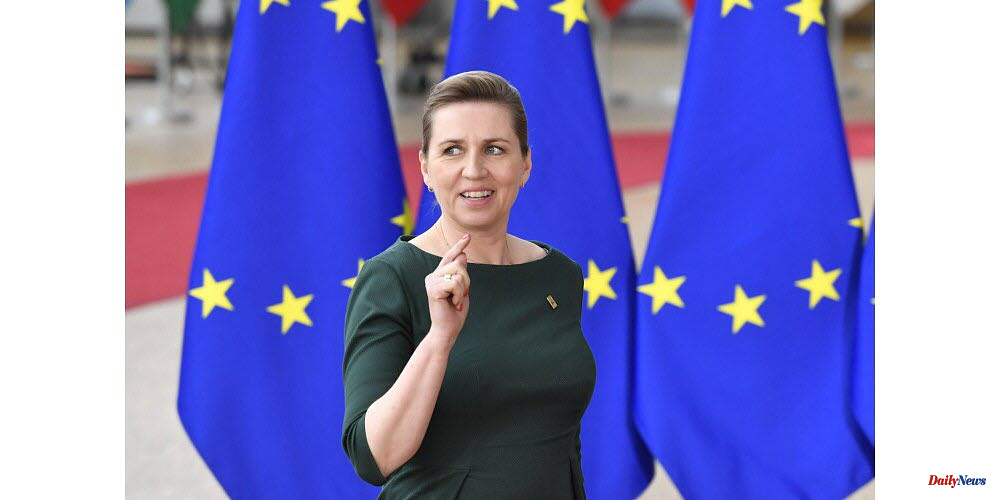This is yet another result of the invasion in Ukraine. After having remained passive for over three decades, Denmark will vote Wednesday in a referendum to decide whether it wants to join the European Union's defense and security policy (CSDP).
"I believe that everyone should vote for me. During a Sunday evening televised debate, Prime Minister Mette Frederiksen stated that when we need to fight for Europe’s security, it is important to be closer to our neighbors."
The overwhelming favorite of the 4.3 million people who called the polls was the yes, with more than 65% of the voting intentions recorded in the latest poll. However, caution is advised due to the likely high abstention in a country that used to say "nej (no), to referenda about Europe, the last of 2015.
Denmark, a member state since 1972 had taken the first step towards Euroscepticism in rejecting the Maastricht Treaty. This was a feat that was unheard of back then. Copenhagen had secured a number of exceptions to the Maastricht Treaty, which was threatening the entry into effect of the founding treaty in the European Union. The country then voted yes in a new referendum the next year.
Denmark has remained out of the euro since 2000, when it was rejected in a referendum. However, Denmark is still excluded from European policies on home affairs and justice. This decision was again made in 2015.
This last exception meant that the Scandinavian country, a founding member NATO, was unable to take part in any EU military mission. Denmark is the only EU country to have this "opt-out" - even though Malta is de facto outof defense cooperation. It has used it 235 times over 29 years.
Two weeks after the invasion, the Danish Prime Minister announced that he had reached an agreement with all parties in Parliament to submit end to the exception to a referendum. He also made significant military investments to lift the NATO-imposed bar of 2% GDP.
Surprise: Lykke Friis (director of Europa), a think tank, notes that "for years and years, nobody thought that the government might call a referendum about the opt-out on defense". This referendum would not have been possible without Ukraine.
A major role was also played by Berlin, Denmark's closest ally to the United States. It decided to reinvest heavily in its army. "Denmark was in a position where we couldn't hide behind Germany," stated Ms. Friis.
Eleven of the 14 parties that called for a yes vote were more than three quarters of all seats in Parliament. Both the extreme left and far-right eurosceptic parties are calling for the no vote. Their main argument is that the creation of a Defense Europe would harm NATO, which has been the foundation of Danish defense since its founding in 1949. The historic nomination of Sweden and Finland to NATO and the Danish referendum have allowed the Nordic countries to combine NATO and European defense policy participation. Even though the idea of a European army is still controversial in many capitals, it has seen a lot of momentum for this latter option in recent years.
The referendum results are expected to be announced by Wednesday night. The ballot does not affect the autonomous territories of Denmark or Greenland, which are already outside the EU. Nor the Faroe Islands.












